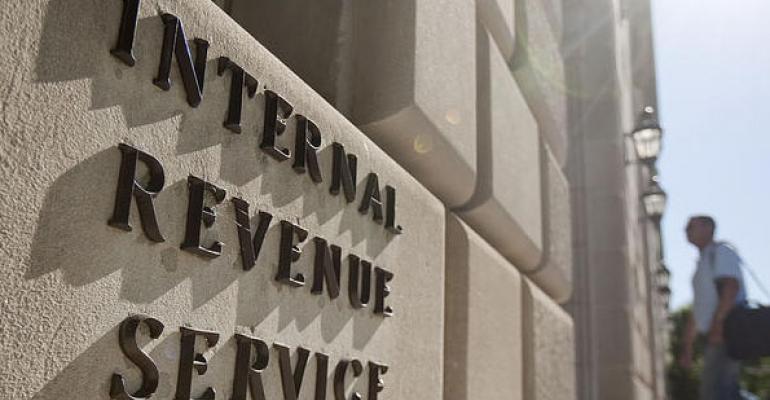In Estate of Beckenfeld v. Commissioner,1 the Tax Court ruled that a taxpayer can, in fact, force the Internal Revenue Service to apply voluntary payments according to the taxpayer’s instructions. Here, the IRS credited a payment intended to satisfy a wife’s tax liability instead to a husband’s tax liability. Indeed, making a payment, the taxpayer instructed the Internal Revenue Service to apply it to the husband’s estate obligation even though the intent was obvious for it to apply to the wife's estate obligation.
Instructions in Taxpayer’s Letter Control
Lillian Beckenfeld passed on Oct. 23, 2007. Her husband, Mickey Beckenfeld, passed on May 4, 2012. Their son served as executor for both their estates. On Aug. 31, 2012, Lillian’s estate filed a gift tax return late for 2007 with total tax of $1,324,650. It didn’t gift split at all. That amount was paid on the date of that return.
On Aug. 31, 2012, Mickey’s estate filed a gift tax return late for 2007 with total gift tax of $1,324,650. It didn’t gift split at all. That amount was paid on the date of that return. In January 2013, the IRS credited $1,324,650 against Lillian’s tax liability. Additional taxes were assessed under Internal Revenue Code Sections 6651(a)(1) and (2). The amounts were $298,046.25 and $331,162.50 with interest of $322,202.59 (totaling $951,411.34).
In June 2013, the IRS credited $1,324,650 to Mickey’s tax liability. Additional taxes of $298,046 and $331,162.50 with interest of $316,835.12 were assessed (totaling $946,043.62).
In Mickey’s estate’s Aug. 26, 2013 letter, $951,971.40 was paid to fulfill that gift tax obligation on the estate.
On Aug. 5, 2014, the IRS issued Lillian’s estate a final notice of intent to levy and a hearing right. On Aug. 28, 2014, a response said Lillian’s liabilities were paid in full as of Aug. 22, 2013. However, the check stated that it was for Mickey’s liabilities and included his social security information.
The representative for the executor tried to argue that Mickey’s estate was satisfying Lillian’s estate’s obligation for gift taxes without avail. The instructions had the import of suggesting the check from Mickey’s estate could satisfy only Mickey’s liabilities.
Discussion
Lillian’s estate’s unpaid 2007 liability is still unpaid. As such, the court found in favor of the IRS’ collection efforts.
Planning Tips
- The executor (and his appointed representative) should have been more organized in determining which estate owed what. The advisor’s mistake could well give rise to a cause of action.
- At least, the idea that the taxpayer can decide how voluntary payments are used gives some additional right as against the IRS. However, in this case, it helps the IRS in pursuing collection, but that fact doesn’t have to be the case in each instance.
The Future
It’s ironic that, in procedure, the IRS must follow form over substance. Nevertheless, in substantive issues then, the IRS must adhere to substance over form.
Endnote
1. T.C. Memo 2017-25 (2017).





